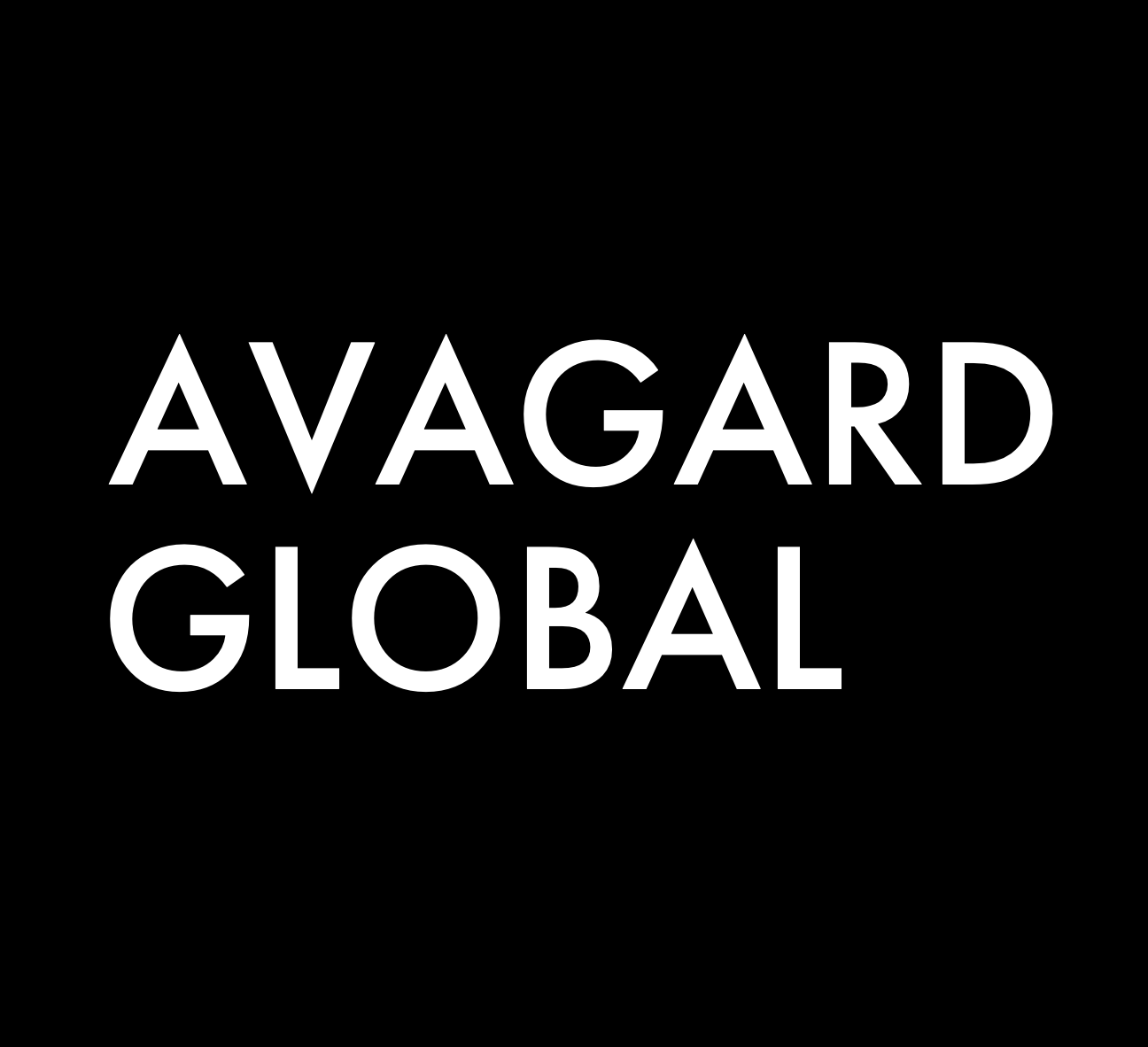Dow Jones Risk & Compliance: 7 Key Questions About the Database and Profile Removal
Why is Dow Jones important in the fight for financial security?
In 2014, for example, BNP Paribas, the largest bank in Europe, paid an $8.9 billion fine for processing dollar payments to Iran, Sudan, and Cuba, all of which were under U.S. economic sanctions. In addition to the fine, the bank was prohibited from performing certain financial transactions for several years. These serious consequences have prompted many banks to establish risk assessment systems and tighten compliance procedures.
What are the risks of using the Dow Jones system?
Based on data from systems like Dow Jones, banks decide whether to open an account for a client or approve financial transactions, migration services decide whether to issue a residence permit, government agencies decide whether to allow the purchase of real estate or opening a company, and foreign companies decide whether to cooperate with a business.
Databases like Dow Jones are often integrated into the IT systems of large organizations, which simplifies the process of checking counterparties.
Therefore, it's important to know how entities are added to the Dow Jones database to avoid being denied:
- A residence permit or the purchase of real estate in another country
- Services from international banks
- Cooperation with foreign companies
- Opening a company in another country
Who Is at Risk of Being Included in Dow Jones Risk & Compliance?
- Politically Exposed Persons (PEPs): Individuals who, due to their high position in the government, could potentially be involved in corruption and money laundering (e.g., officials, deputies, and managers of state-owned companies).
- Individuals associated with PEPs: Relatives and business partners.
- Sanctioned individuals and their associates
- Financial offenders: Individuals involved in money laundering or financing illegal activities.
- Defendants in criminal cases and their associates
- Individuals involved in high-profile political and financial scandals or victims of "black PR."
As you can see, a wide range of individuals can be included in the Dow Jones database, which leaves room for interpretation. You don't have to be a criminal to be included in the Dow Jones system. Sometimes, a few media publications with unreliable or outdated information, such as about cooperation with state-owned companies or a reputational scandal, are enough.
How Do Compliance Systems Collect Information?
Dow Jones also collects information from open sources, including the media, social networks, and other articles online, which can lead to an unfounded inclusion in the database. For example, a person may be included if they were only a witness in a high-profile criminal or financial crime, not a defendant. Similarly, a person may be included if they were the victim of a "black PR" campaign by competitors alleging unfair activities.
Dow Jones vs. World-Check: Similar, but With Key Differences
According to Avagard Global specialists, if a person is included in one risk assessment system, they will likely be included in others. Recent cases have also shown that Dow Jones updates information faster than World-Check. For example, Dow Jones updated its information when a person was removed from sanctions lists, while World-Check had not.
Another factor is that different international organizations, even within the same jurisdiction, can use both risk assessment systems simultaneously. There are also regional preferences; for example, Dow Jones is more common in EU countries, while World-Check is more common in the USA and the Middle East.
Is It Possible to Check Dow Jones in a Day?
Status Adjustment in Dow Jones: A Difficult but Possible Process
Here are the four steps:
STEP 1: Analyze the Person's Dossier in the Dow Jones Database
STEP 2: Analyze the Person's Digital Footprint Online
The Dow Jones system considers a wide range of compliance risks, so it's important to address any potential "red flags."
STEP 3: Adjust the Person's Digital Footprint Online
There are four main tools:
- Removal: Negotiating with site owners to remove content.
- Legal mechanisms: De-indexing content, using the right to be forgotten, and litigation.
- Search Engine Reputation Management (SERM): Managing a person's or brand's reputation in search results by displacing negative content.
To maximize the chances of having your profile removed from Dow Jones, you should neutralize outdated data and remove defamatory or compromising information. You should also publish articles in authoritative and cited media outlets about the client's current status, creating a positive image, such as leaving politics for private business.
Without a comprehensive approach to managing a digital footprint, a person risks worsening their situation by requesting removal from the database. When compliance officers re-check the person to review the application, they may detect additional risk factors and add them to the dossier.
STEP 4: Prepare Documents and Submit a Request to Dow Jones

